Ambassador William C. Battle Symposium on American Diplomacy
U.S. Presidents Confront the Russians: A Century of Challenge, 1917-2017 (Day 2)
8:30AM - 4:00PM (EST)
Featured Video
Featured Video
Featured Video
Event Details
Since the Bolshevik Revolution of 1917, the United States and Russia have been geopolitical and ideological rivals. In aftermath of the First World War, the Bolshevik challenge to American ideals of democratic capitalism set the tone for the rest of the century. Despite a period of partnership during the great war against Hitler, the USA and the USSR viewed one another with deep suspicion and eventually came to see the other as an existential threat. Even with the collapse of the Cold War order, America and Russia could not develop a stable, mutually beneficial relationship, and since the advent of Vladimir Putin to power in 2000, the relationship has reached a level of mutual enmity not seen since the depths of the Cold War.
This conference aims to place the current US-Russia relationship into broad historical context by returning to key historical moments of crisis and controversy as well as restraint and compromise. By exploring U.S. presidents and their ties to Russian and Soviet leaders, and by analyzing the perceptions of the latter, we hope to illuminate the real nature of the bilateral relationship: the underlying forces, ideological, geopolitical, strategic, historic—that have placed the United States and Russia at cross-purposes for the past century.
VIEW ENTIRE SCHEDULE
THURSDAY, NOVEMBER 9
8:30 – 10:30am Panel 1: “Ideology and Geopolitics from the Revolution to the Cold War, 1917 to 1945.”
Chair: Nicole Hemmer, Miller Center
Wilson/Lenin: “The Ideological Foundations of US-Russian Rivalry”
This conversation will discuss the following broad questions among others: What was the nature of Lenin’s challenge to Wilson? And how did Wilson respond? Were the two nations always destined to clash, or was there ever an opportunity for mutual understanding? How did the Wilson-Lenin relationship set the stage for all that came later?
• Odd Arne Westad on Lenin
• Erez Manela on Wilson
FDR/Stalin/Truman: “From Allies to Adversaries”
This conversation will examine the sources of Stalin and Roosevelt’s cautious partnership during World War II, and its rapid souring in the final months of the war. Was there an opportunity to preserve the alliance into the postwar or was it always doomed? How much did large structural forces drive the two nations into conflict and how much was contingent on personalities, politics, and emotions—especially the rise of Harry Truman to the presidency?
• Frank Costigliola on FDR
• Serhii Plokhii on Stalin
10:30 – 11:00am Break
11:00am – 1:00pm Panel 2: “Averting Armageddon: From JFK to Nixon”
Chair: Barbara Perry, Miller Center
JFK/Khrushchev: “Brinkmanship and Restraint”
This session will return to the most dangerous moment of the Cold War – the Cuban Missile Crisis – and explore the reasons behind the risk-taking practices by both sides with respect to Cuba, and also delve into the reasons that a terrible nuclear crisis was finally averted. In a time of intense ideological conflict and nuclear rivalry, statesmanship managed to avert a terrible disaster—but only just. Are there lessons here for today?
• Marc Selverstone on JFK
• Tim Naftali on Khrushchev
Brezhnev/Nixon: “Détente and Competition”
Even amid the terrible conflict in Southeast Asia, Richard Nixon and Leonid Brezhnev managed to keep U.S.-Soviet relations stable and on track toward a genuine improvement. Did the two leaders manage to push ideology to the side and pursue common interests and realpolitik? Or does this period reveal the enduring power of ideology and geopolitics in a world of anarchy?
• Vlad Zubok on Brezhnev
• Jeremi Suri on Nixon
2:00 – 4:00pm Panel 3: “The End of the Cold War: An Elusive Victory”
Chair: Philip Zelikow, Miller Center
Reagan and Bush/Gorbachev, 1981-1991: “The End of History?”
The swift collapse of the Eastern bloc in 1989 and the subsequent unification of Germany presented the West with a stunning victory in the Cold War. How did American leaders understand what had happened, and what forces did they think explained these events? Similarly, what ideas, strategies, and political impulses drove Gorbachev in these months? In the end, how much weight should historians place upon individual men and leaders versus longer term structural factors in explaining the end of the Cold War? And what does this imply for the future of U.S.-Russian relations?
• James Wilson on Reagan
• Bill Taubman on Gorbachev
• Bob Zoellick on Bush
Bush/Clinton/Yeltsin: “Losing Russia?”
The decade after the end of the Cold War was a complex and fluid time in international relations. What ideas and goals drove U.S. policy? What explains the gradual souring of the relationship after a period of U.S.-Russian rapprochement? Did America “lose” Russia? If errors were made, can they be overcome?
• Strobe Talbott on U.S. policy from 1991 to 2000
• Svetlana Savranskaya on Russia from 1991 to 2000
Jump to day 3
When
8:30AM - 4:00PM (EST)
Where
2201 Old Ivy Rd
Charlottesville, VA 22903
Speakers

William Hitchcock

Odd Arne Westad
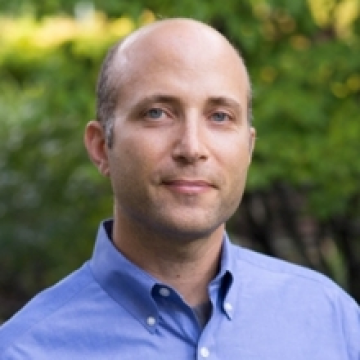
Erez Manela

Frank Costigliola

Serhii Plokhii

Melvyn Leffler

Marc Selverstone

Tim Naftali
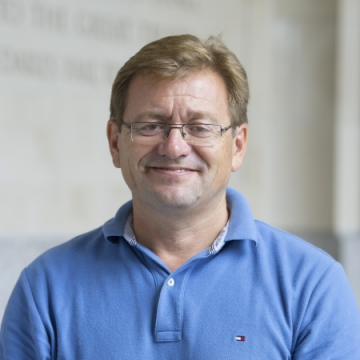
Vlad Zubok
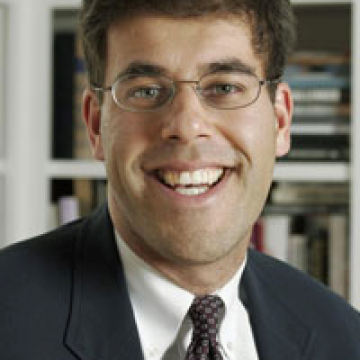
Jeremi Suri

Philip Zelikow
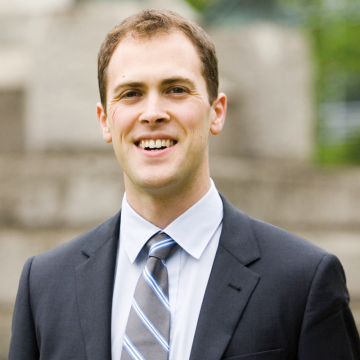
James Graham Wilson

William Taubman
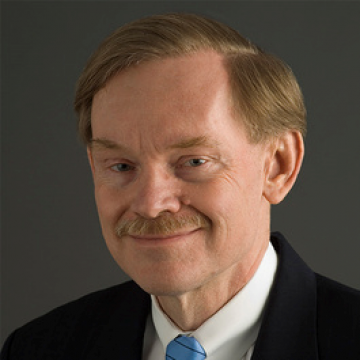
Robert Zoellick
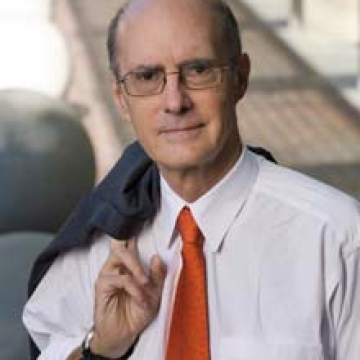
Strobe Talbott

Svetlana Savranskaya